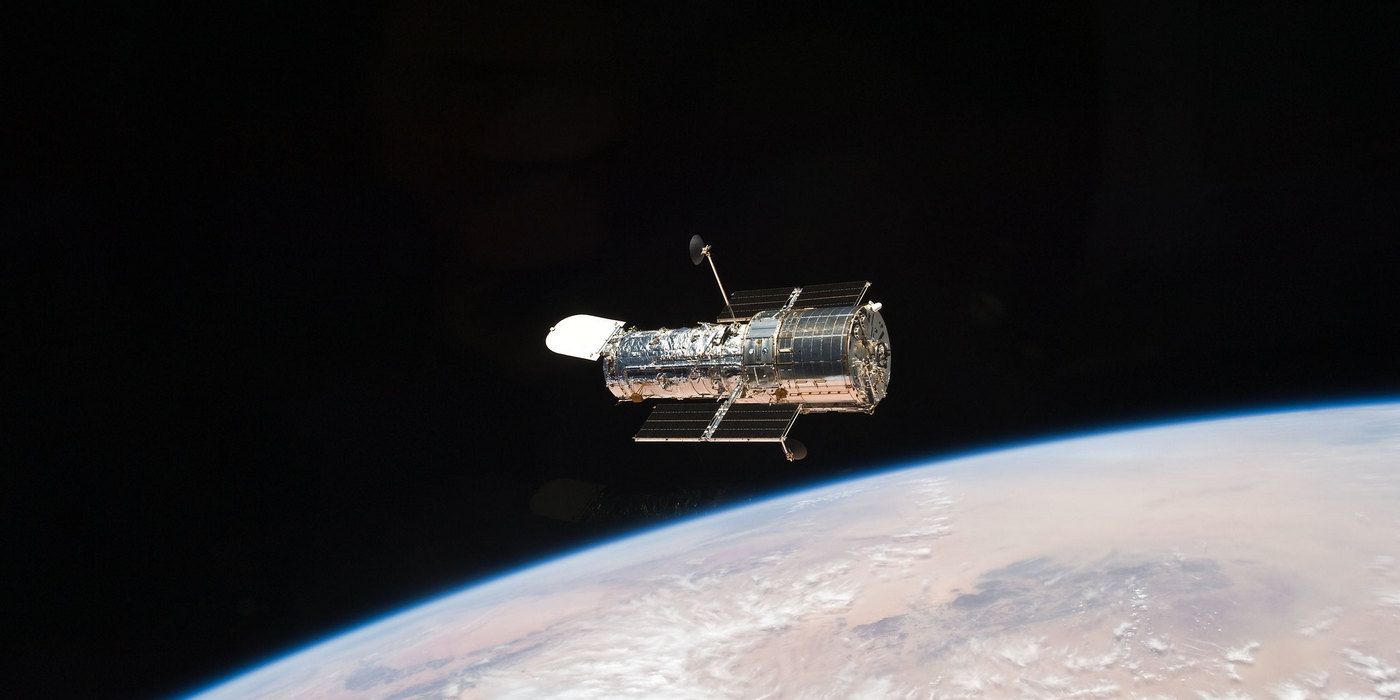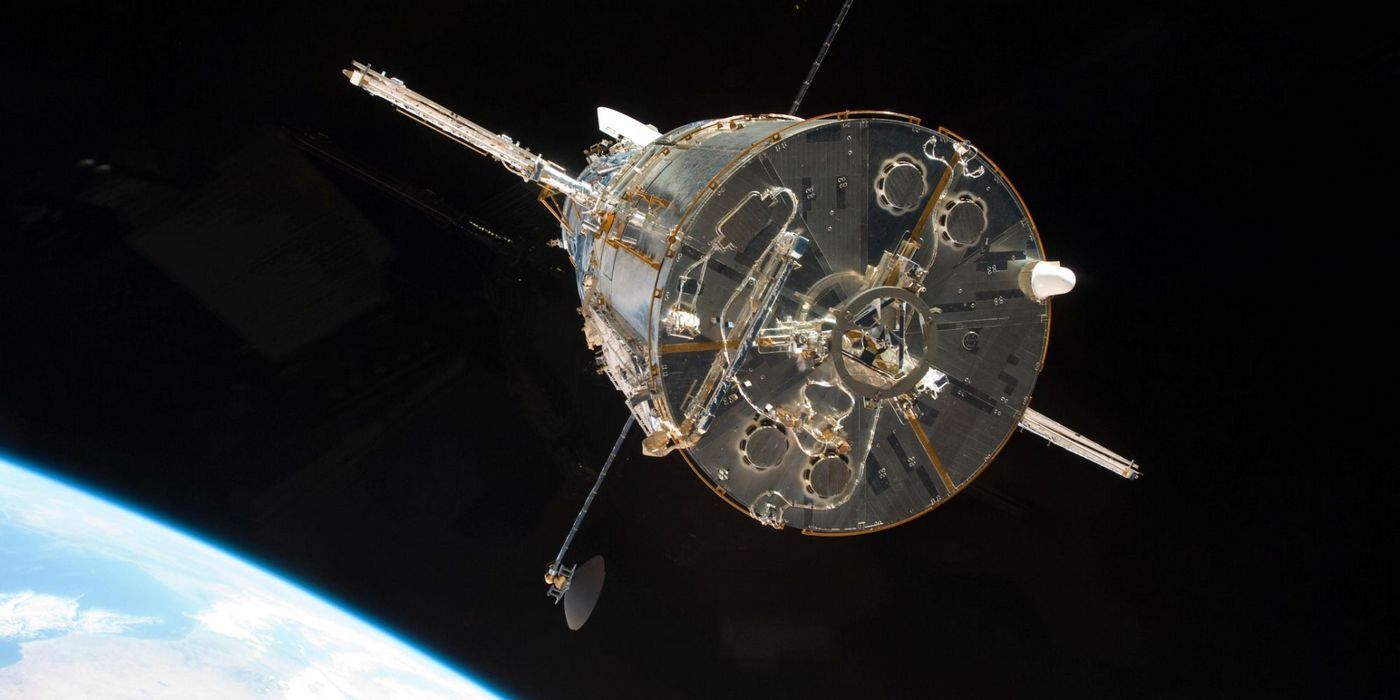
Almost two weeks after the Hubble Space Telescope went dark, NASA engineers have successfully recovered the Advanced Camera for Surveys. However, the other instruments on-board the flying observatory remain nonoperational and NASA engineers are still trying to address the problem. Hubble went into safe mode on October 25 after issuing multiple error codes a couple of days earlier. While the engineers were able to fix the initial problems and restart operations, the glitch reappeared a couple of days later and is yet to be fixed even as the Hubble team continues its search for a solution.
This is the second time within the past six months that Hubble has gone dark. The spacecraft had earlier glitched in June this year and remained down for over a month due to a faulty payload computer that coordinates science operations. The problems started after a glitch in an onboard payload computer made it incapable of transmitting signals to the main computer. The telescope resumed normal operations in July after the glitch was fixed, putting an end to the longest downtime the observatory faced in more than a decade.
While Hubble is yet to resume normal operations, there are signs that things may be changing for the better. On Sunday, November 7, NASA announced that its engineers have successfully recovered the Advanced Camera for Surveys, enabling it to start operations once again. However, the rest of the instruments are yet to wake up from their slumber as NASA continues its investigations into the problem. The space agency says that the camera was chosen as the first instrument to recover because "it faces the fewest complications should a lost message occur."

NASA also noted that it has detected "no additional problems" with the Hubble Space Telescope apart from the synchronization issues. It said that the Hubble team will continue to look for "short-term solutions" this week before eventually deciding on how to go about recovering the remaining instruments to resume normal operations. There's no more new information on this subject right now, but the successful restoration of the Advanced Camera for Surveys suggests that more good news may be in the offing in the coming days and weeks.
As the Hubble team continues to try and restore the decades-old observatory to full fitness, the upcoming James Webb Space Telescope (JWST) is on the cusp of being officially deployed on its first mission. It is primarily an infrared telescope that promises to offer improved infrared resolution and sensitivity over Hubble, enabling NASA to conduct a broad range of investigations. The JWST is expected to not only help researchers observe some of the most distant events and objects in the universe, but it will also reportedly enable scientists to know more about the atmospheres of potentially habitable exoplanets. It will be launched on December 18, 2021, via Ariane flight VA256.
from ScreenRant - Feed https://ift.tt/3wthh9L



0 Comments